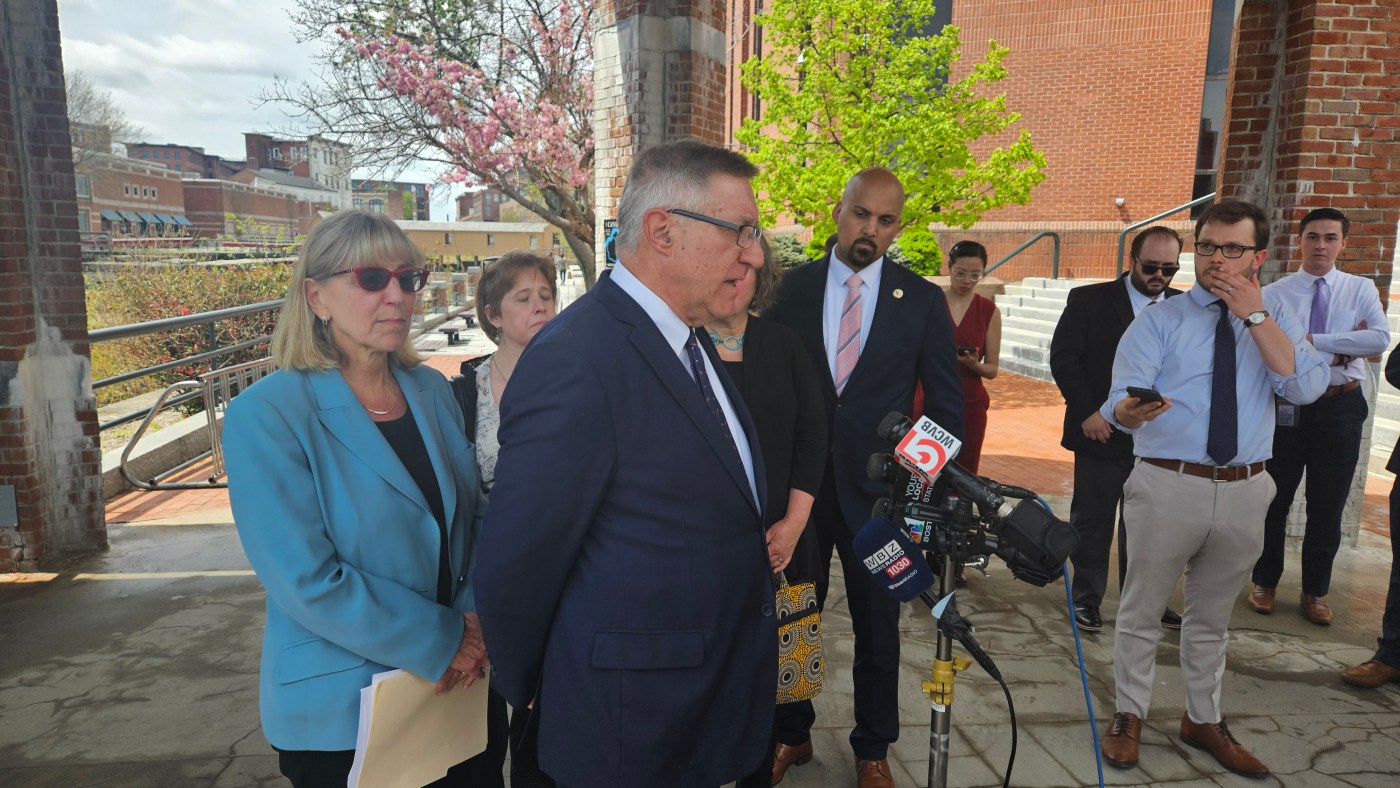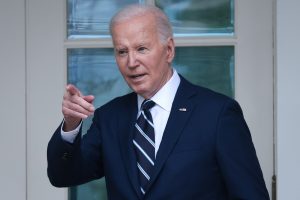
Budget talks begin in Senate as the Bay State stares down fiscal headwinds
Before lawmakers begin the work of dispensing with the 1,100 amendments offered to their nearly $58 billion spending plan for the next fiscal year, state Senators met in a formal session to start the week and laid out the case for spending more money while simultaneously noting the need for some belt tightening.
It would be fair to say that Senate Minority Leader Bruce Tarr took up much of the time on the senate floor during Monday’s session, not because of his questions, but because of the lengthy answers the Republican received in reply from one of the fiscal 2025 spending plan’s authors, Senate Ways and Means Chairman Michael Rodrigues.
“I do want to ask several questions of my good friend, the distinguished chair, in the hopes we can understand some mechanics of this spending document. He has done an outstanding job highlighting concerns and priorities, I hope he can help us understand and get behind some of the highlights and into some of the nuts and bolts mechanics and how the budget would operate spending nearly $58 billion of public money over the coming fiscal year,” Tarr said.
The Senate spending plan, according to Rodrigues, comes out to exactly $57,909,203,484 — a 3.3% increase over fiscal 2024, but less than half of the gain seen between fiscal 2023 and the following year.
Most of that money — about 59% — the chairman explained, comes from the taxpayers of Massachusetts. A quarter of the budget comes from federal reimbursements for “health and human services” spending, Rodrigues said, and the rest comes from funding “that could be classified as one-time or new revenue sources.”
The budget does not include any borrowing, the chairman said.
Tarr wondered why, after months of less-than-expected tax takings this year, the state is planning to spend even more money next year.
“We had several months of downturn, months of collections below the benchmark on which the budget was based,” Tarr noted.
Rodrigues said that while fiscal 2024’s revenue shortfalls have made predicting spending requirements in 2025 difficult, the state was ready for that eventuality.
“We started this process in December of 2023. We assembled a collection of very smart economists from throughout the state, and we’re lucky we have a number of these smart economists that live and work here, and we heard from them in our consensus revenue hearing where we in the Senate along with the House and the administration reached a consensus on what we thought revenues would look like for FY25,” Rodrigues said.
The senate will meet in formal session again on Tuesday to begin debate on 1,100 budget amendments. Rodrigues said in his opening remarks on Monday that he expects that process will conclude this week.
Once the Senate approves its budget it will need to be reconciled with the House offering before it receives Gov. Maura Healey’s signature or veto. The state’s budget is due by July 31, but hasn’t arrived on time in any of the last 13 years.


